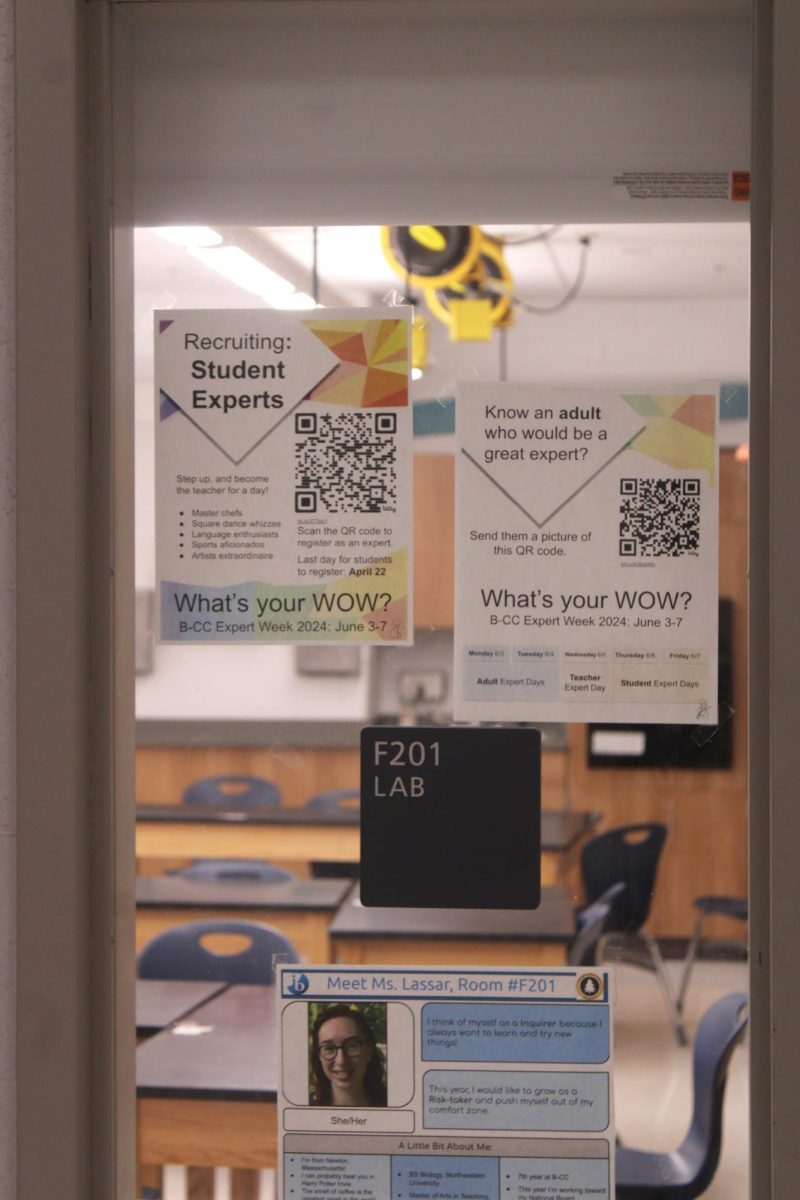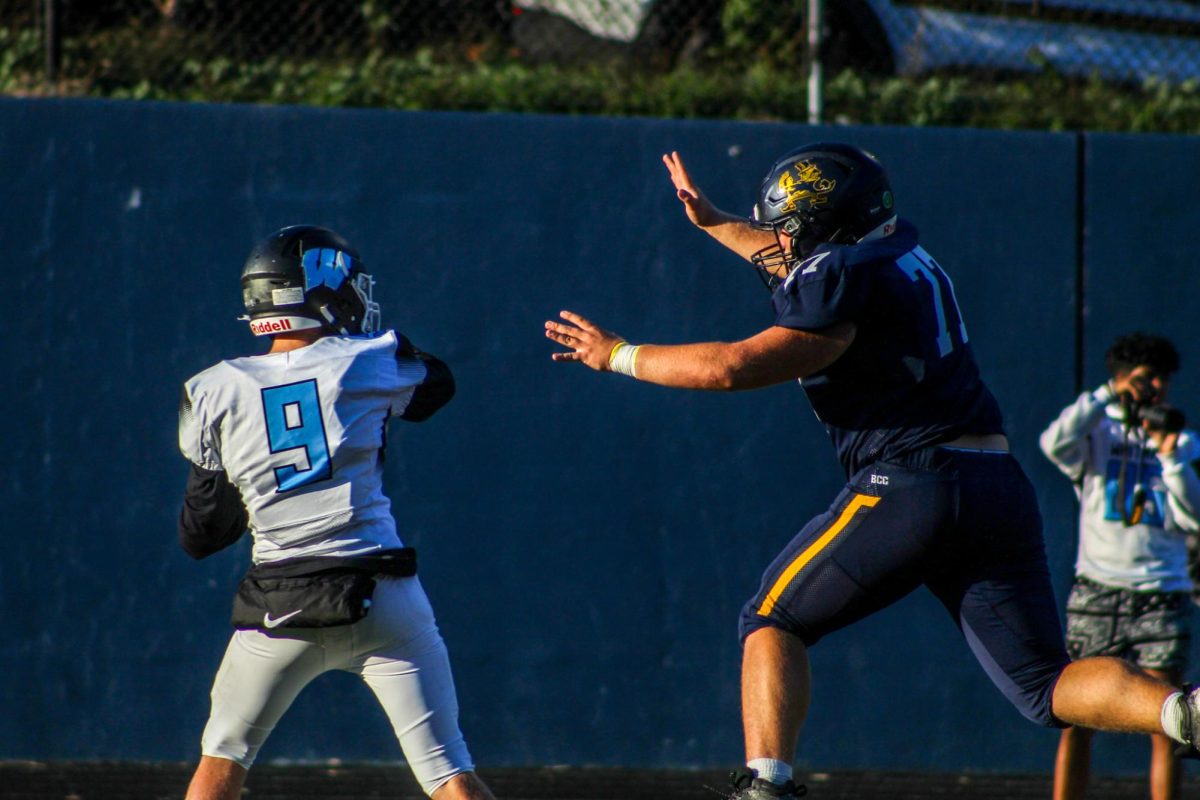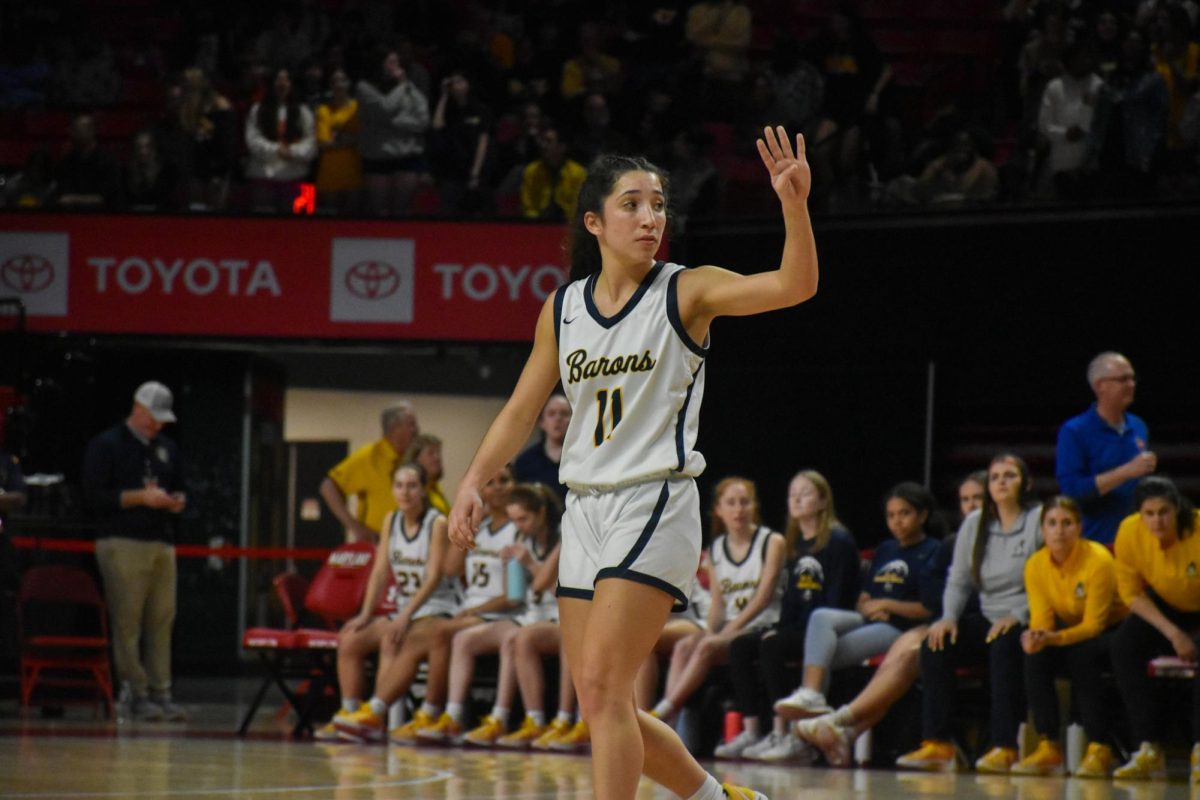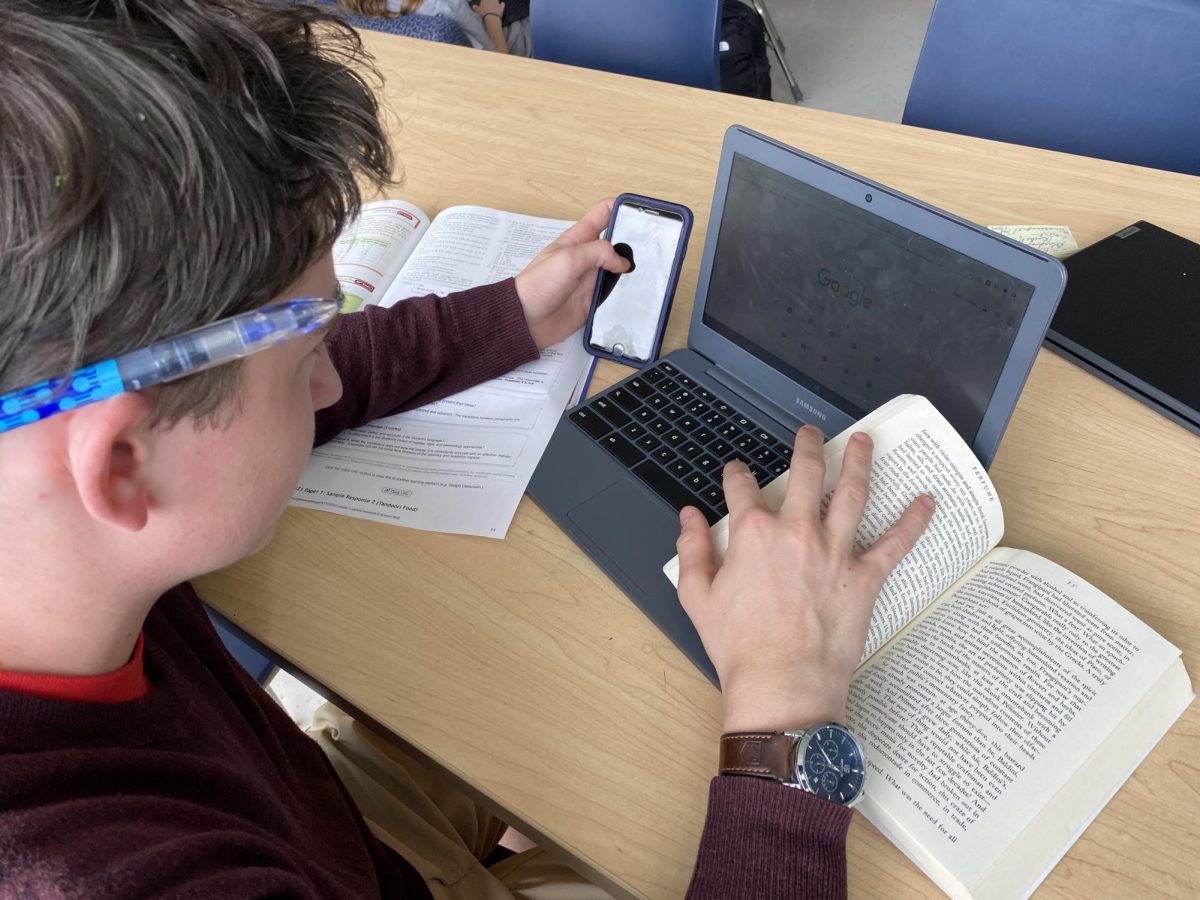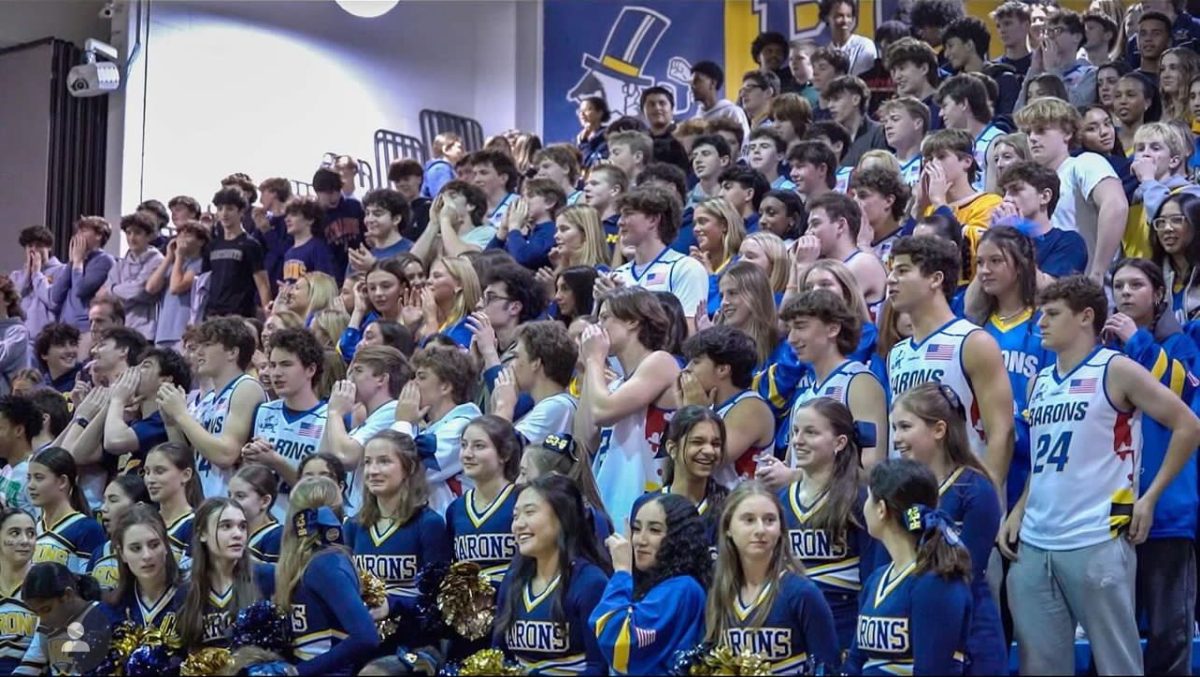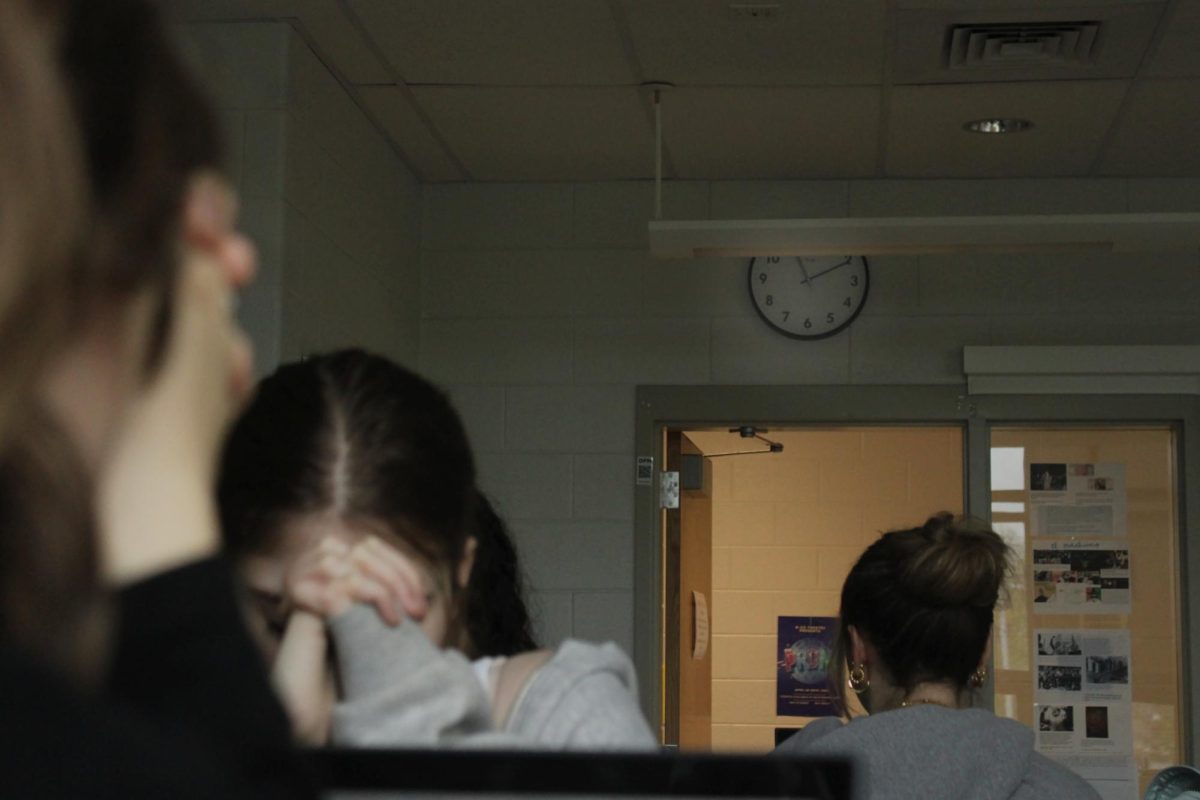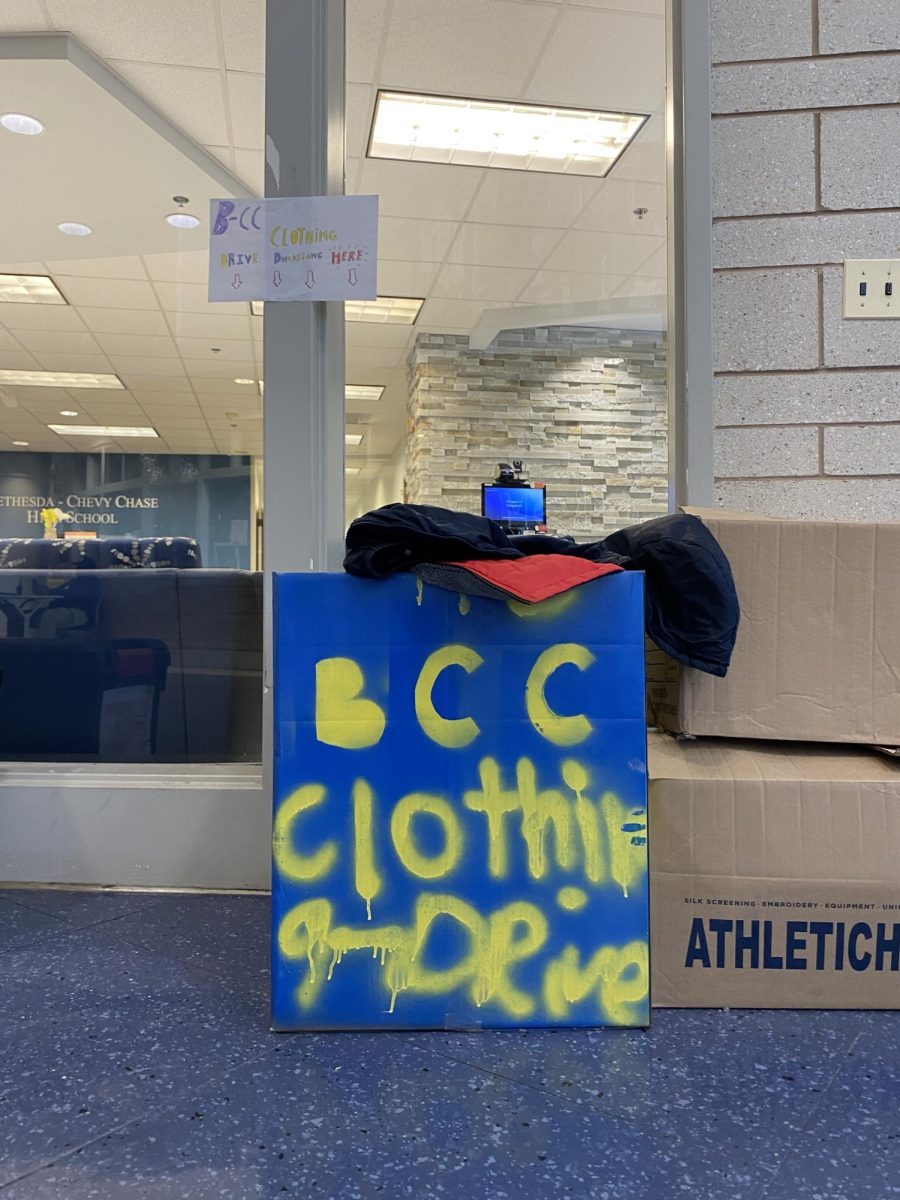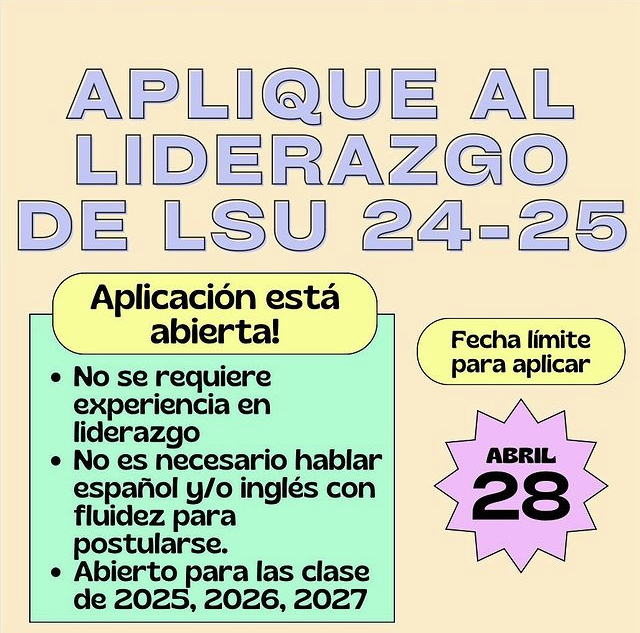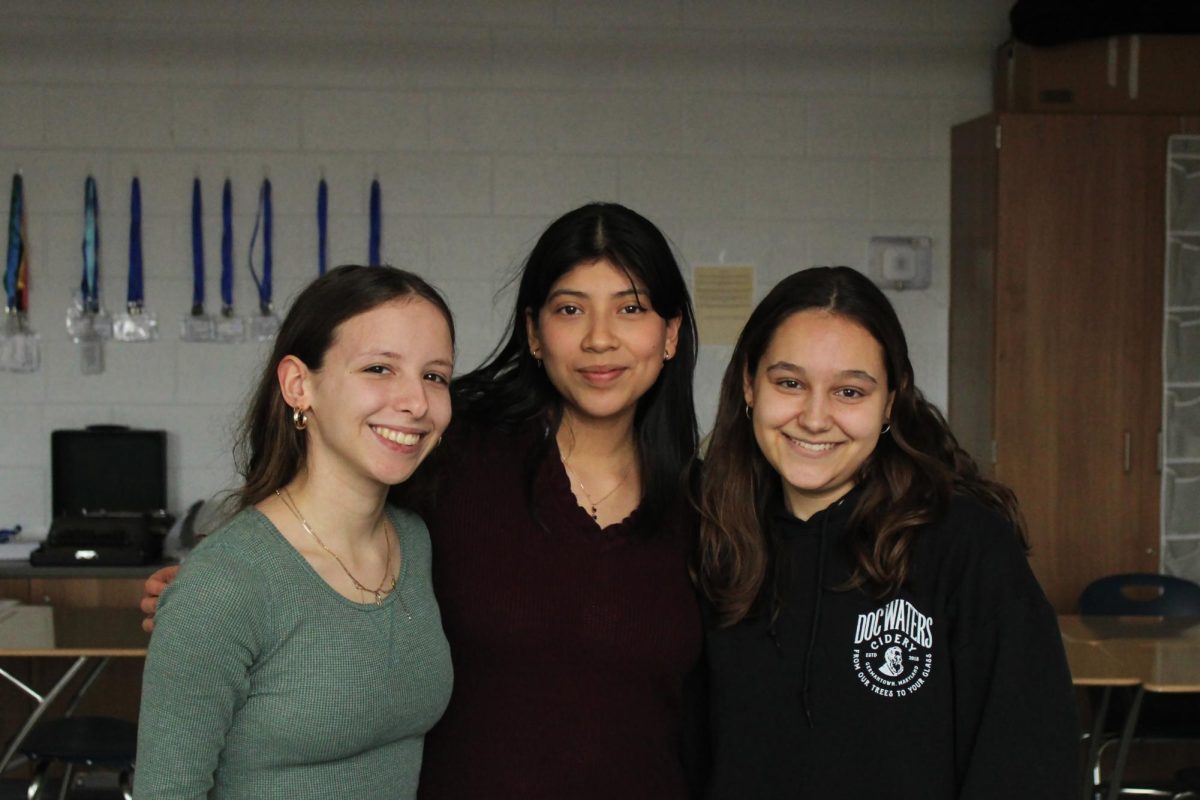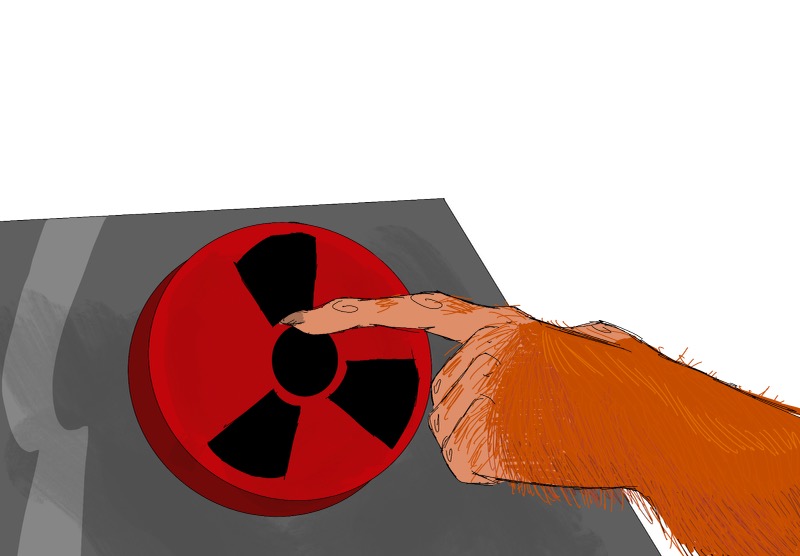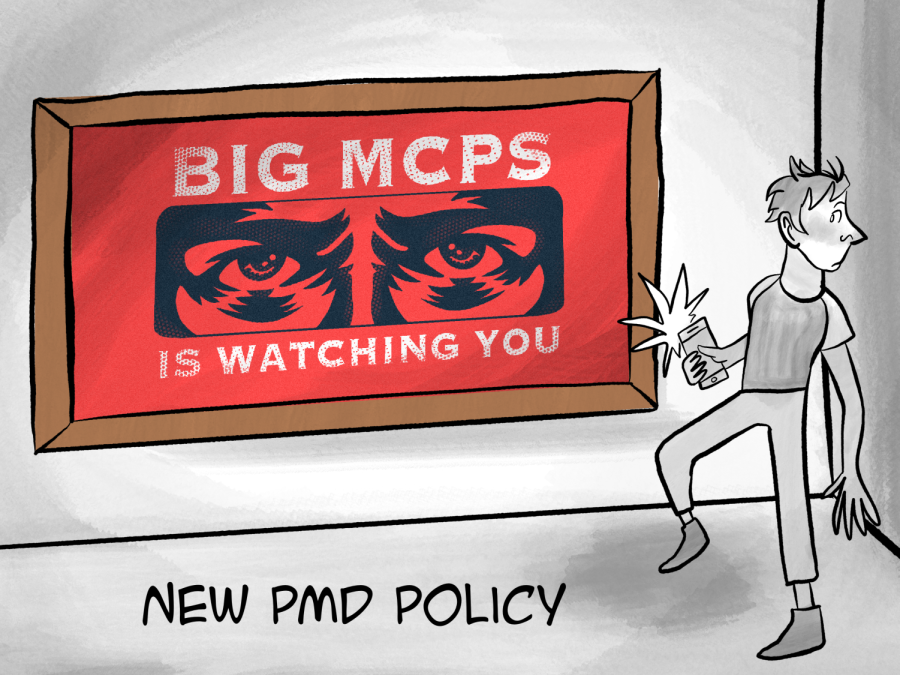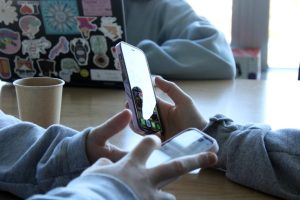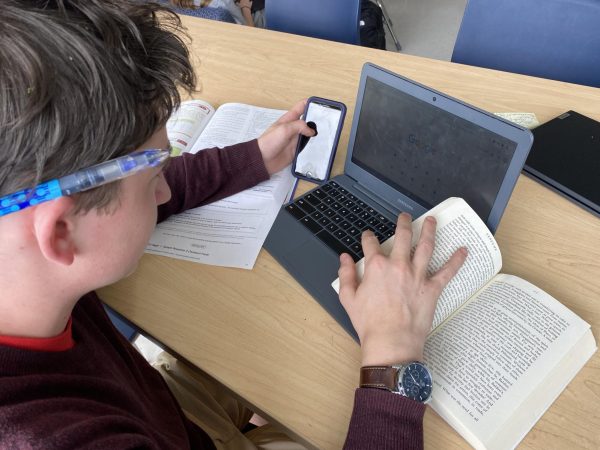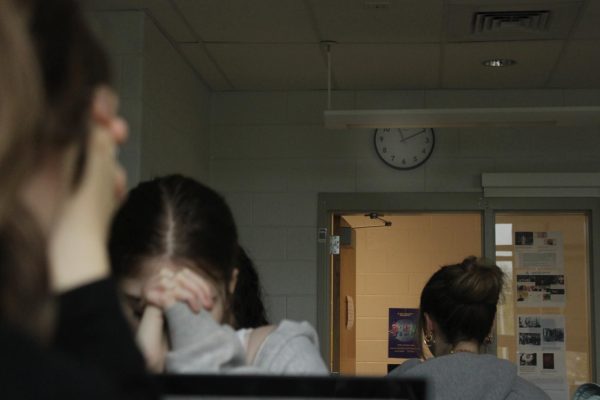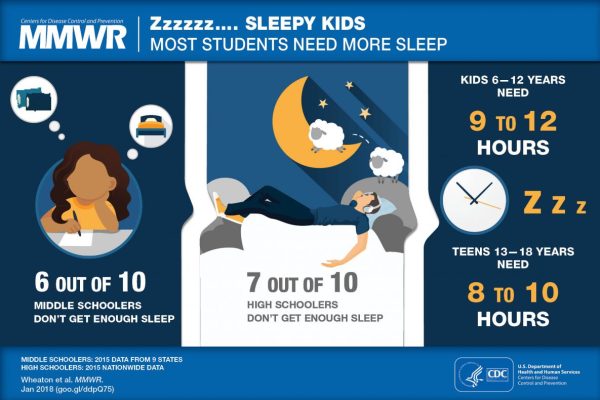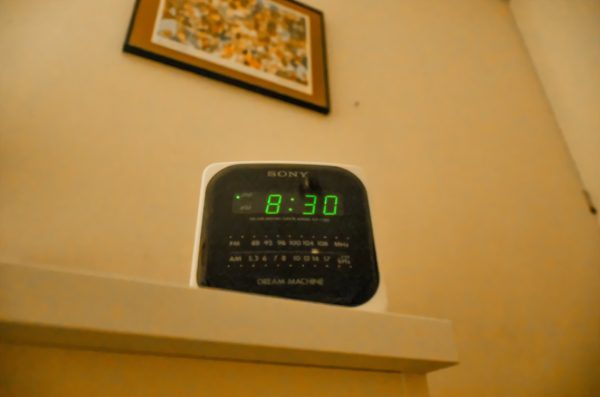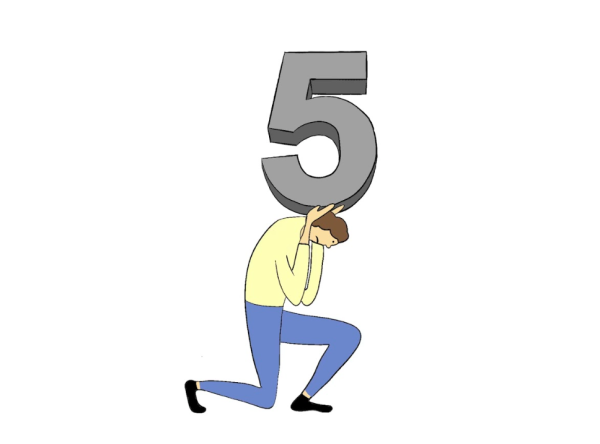Does the PMD Policy Go Too Far?
The new policy is just what public schools in Montgomery County need.
October 11, 2022
The sonorous voice of a history teacher can be heard echoing out to the corners of the classroom. The important Napoleonic lecture bounces off of students, who sit huddled over their mobile devices, eyes locked on the blue-light screens as if it was dispensing life-saving information. No attention is paid to the poor teacher at the front of the room.
This scene was played out in most classrooms last year to the delight of the average student, so many students were disgruntled when the new anti-Personal Mobile Device (PMD) policy was rolled out this year. But for some students and staff at B-CC, including myself, the PMD Policy has benefited the general community and education at the school.
The new policy is just what public schools in Montgomery County need. As a result of the pandemic, students have struggled to absorb the material taught in their classes because of the numerous distractions at their fingers. Our lives and routines changed drastically and when we returned to the classroom; we were held accountable for responsibilities and priorities forgotten or dismissed in online classes. Last year, as we transitioned back in person, students had the right to have their phones out in class. This caused many to focus on their device instead of what was being taught.
Some teachers previously enforced an informal, no-phones-in-sight agreement, but most teachers did not address the issue. Students and staff were so comfortable being around screens during school hours because during the pandemic, our whole schedule revolved around a screen.
Now, standards must be different. We are in person, not online, so where we pay attention needs to shift to reflect this return to school and in-person learning.
Like some students, teachers appreciate the school-wide policy in the classrooms. Mr. Kirk, an English teacher at B-CC, commented, “it’s gotten a little out of hand” about the amount of time kids spend on their phones. “Something needed to be done, and so far it has been successful,” added Kirk. He mentioned how students in his class have been able to focus more and participate in group discussions, and it makes classes, in general, more efficient if students are not constantly being asked to put their phones away. Kirk mentioned that his students have been consistently doing a solid job of putting their devices away and concentrating on the class, until the 4th week of school when he noticed more and more students pulling out their devices under their desks or behind a textbook. This comment corresponds to the belief students hold that the policy will become more loosely enforced as the school year progresses.
Time will only determine how the rest of the school year goes and what lies ahead. Still, the new PMD policy gives students the chance to be more present in the classroom, have a stronger relationship with teachers, participate in class, and love learning with all the benefits that follow.




